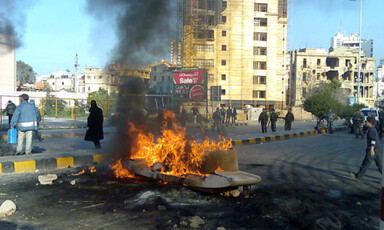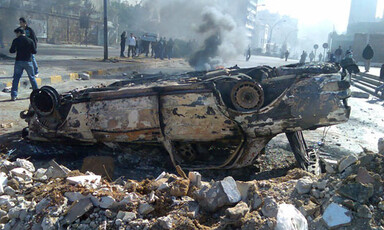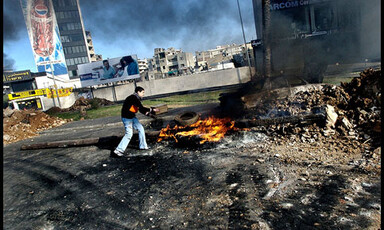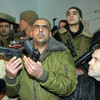
EI EXCLUSIVE: Leaked Israeli document gives frightening glimpse of apartheid
25 January 2007
President Jimmy Carter angered Israel and its friends by describing “the abominable oppression and persecution in the occupied Palestinian territories, with a rigid system of required passes and strict segregation between Palestine’s citizens and Jewish settlers in the West Bank.” Now, The Electronic Intifada has obtained an Israeli Ministry of Defense Powerpoint presentation which provides a frightening glimpse into the mindset of the bureaucracy of apartheid. The first page of the document bears the name “Coordination of Government Activities in the Territories” as well as the acronym “COGAT” at the bottom of each page. Read more about EI EXCLUSIVE: Leaked Israeli document gives frightening glimpse of apartheid








